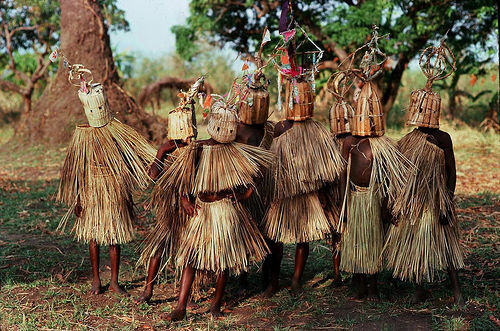
The Yao or Wayao are a major ethnic and linguistic group based at the southern end of Lake Malawi, which played an important part in the history of East Africa during the 1800s. The waYao are a predominantly Muslim people group of about 2 million spread over three countries, Malawi, Mozambique and Tanzania. The waYao people have a strong cultural identity, which transcend the national borders.
When Arabs arrived on the east coast of Africa they began trading with the waYao people, mainly slaves and ivory, in exchange for clothes and guns. Because of their involvement in this coastal trade they became one of the richest and most influential tribes in Southern Africa.
Large waYao kingdoms came into being as mighty waYao chiefs took control of the Niassa province of Mozambique in the 19th century. During that time the waYao began to move from their traditional home in today’s Malawi and Tanzania, which resulted in the waYao populations they now have.
The most important result of the great chiefdoms was the turning of the whole nation to Islam around the turn of the 20th century and after the 1st World War. Because of their trade with the Arabs, the waYao chiefs (sultans) needed scribes who could read and write Arabic. The Islam teachers who were employed and lived in the waYao villages, made a significant impact on the waYao people because they could offer them literacy, a holy book, smart clothes and square, instead of round, houses.
Furthermore, the waYao sultans strongly resisted the Portuguese, British and German colonial rule, which was viewed as a major threat to them. The British, who were seen as Christians like the Portuguese, tried to stop the slave trade by attacking some of the waYao slave caravans near the coast. They freed the slaves and confiscated the ivory, which the slaves had been transporting.
The greater waYao chief Mataka decided that becoming a Christian would have a negative economic impact on his people, while Islam offered them a social system, which would assimilate their traditional culture. Because of the political and ritual domination of the chiefs, their conversion to Islam caused their subjects to do likewise.
The Islam, which they have embraced, is not the orthodox religion, which is found in countries such as Iran or Saudi Arabia. But is totally intermingled with their traditional animistic belief system. It is often referred to as “Folk Islam”.
African Boys of the Yao Tribe